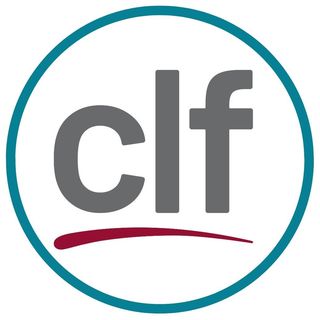The Legal Food Hub maintains an extensive network of experienced volunteer attorneys pre-screened by CLF. Farmers, food entrepreneurs, and food-related organizations seeking legal assistance contact the Hub through our intake hotline or web form. After assessing each participants case for eligibility, CLF reaches out to the attorney network and carefully matches the participant with a skilled lawyer who will provide free legal services.
To be eligible you must fit the descriptions below:
a. Farmer: An individual, group of individuals, or enterprise located in Maine, Massachusetts, or Rhode Island who/that predominantly produces agricultural products for sale (includes aquaculture); OR
b. Food Entrepreneur: An individual, group of individuals, or enterprise located in Maine, Massachusetts, or Rhode Island who/that processes, distributes, aggregates, stores, or markets food or value-added food products for human consumption, and sources at least one food item or ingredient grown in New England;* OR
c. Farm/Food Organization: a nonprofit operating in Maine, Massachusetts, or Rhode Island whose primary purpose is to support Farmers or Food Entrepreneurs (e.g., a trade association in support of farmers or a nonprofit food hub), OR a community group or association operating in Maine, Massachusetts, or Rhode Island whose primary mission is to address social justice issues related to the food system (e.g., a farmers market, a community food co-op, or a community garden organization).
a. The farm or food enterprise must have an annual revenue of at least $5,000 in the prior tax year OR have started operating within the last three years; AND
b. The farm or food enterprises net annual income must not exceed $30,000. For farms, to determine your enterprises net annual income, see line 34 on your Schedule F (Form 1040) tax return. For food entrepreneurs reference the following: sole proprietorships or LLCs taxed as such, see line 31 on Schedule C (Form 1040); partnerships or LLCs taxed as such, see line 22 on Form 1065; C Corporations, see line 30 on Form 1120; S Corporations, see line 21 on Form 1120S; AND
c. The Farmer or Food Entrepreneurs annual household income must not exceed 400% of the Federal Poverty Level. Unearned income must be included in this calculation, even if the income is restricted (e.g., in a restricted trust fund). To determine your annual household income, see Line 37 on your personal income tax return (Form 1040). The 2017 Federal Poverty Level Guidelines are available here. If the business is co-owned, owners may satisfy our income cap if either their joint household incomes combined fall under our cap (accounting for the number of persons in the total, now combined household), or if each individual owners household income falls below our cap.
Mission Statement: Providing pro bono legal assistance, workshops, and trainings to farmers, food entrepreneurs, and related organizations in order to foster a sustainable, resilient, and just food system.


User questions & answers
Are you familiar with Legal Food Hub - Massachusetts? Help LegalAidOffices.com users find out answers.We publish all Helpful information.
Have you ever used this office for anything? What did you think?
What legal problem are looking for help on?